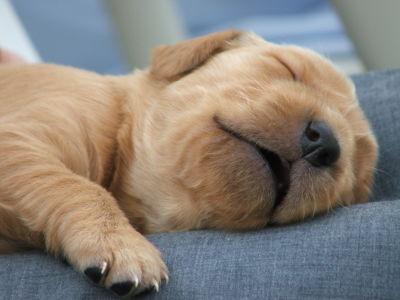Alcohol helps induce sleep but reduces the quality of your sleep.

Some people drink alcohol when they have trouble falling asleep because it makes them sleepy. However, Emma Sweeney and Fran Pilkington-Cheyney, who study sports science and sleep at Nottingham Trent University, explain the relationship between alcohol and sleep, stating that 'alcohol speeds up the time it takes to fall asleep, but it reduces the quality of sleep.'
Alcohol may help you fall asleep faster, but it leads to a worse night's rest overall – here's why
https://theconversation.com/alcohol-may-help-you-fall-asleep-faster-but-it-leads-to-a-worse-nights-rest-overall-heres-why-246841
It has been scientifically proven that alcohol intake shortens the time it takes to fall asleep. However, studies that have investigated the relationship between alcohol intake and sleep have shown that a relatively large amount of alcohol intake, such as drinking 3 to 6 glasses of wine 3 hours before going to bed, is required to achieve the sleep-inducing effect of alcohol.
On the other hand, even a small amount of alcohol consumption, such as 'drinking two glasses of wine three hours before going to bed,' can have a negative impact on sleep. Specifically, it can have negative effects such as 'delaying the timing of entering REM sleep ,' 'shortening the time spent in REM sleep,' 'frequent waking up during the night,' and 'shallower sleep in the second half of the night.' When REM sleep is disturbed, it can impair memory consolidation and interfere with emotional control. Also, disturbed sleep can lead to increased fatigue the next day.

The reasons why alcohol reduces the quality of sleep have been partially elucidated. Alcohol enhances the activity of GABA , a neurotransmitter related to sedative effects, and also increases the secretion of adenosine, which is thought to be involved in drowsiness, making it easier to feel sleepy. However, as the breakdown of alcohol progresses in the body, a 'rebound effect' occurs that tries to reverse the changes in the body caused by alcohol, causing GABA activity and adenosine secretion to return to normal levels, disrupting sleep.
Alcohol also affects the production of melatonin , which has the effect of making you feel tired and inducing sleepiness, and if alcohol changes the amount of melatonin produced, it can affect your sleep rhythm.
In addition, alcohol has the effect of 'relaxing the muscles in the airway, making snoring worse,' and 'increasing the number of times you get up to go to the bathroom due to its diuretic effect.' These effects combine to have a negative impact on sleep.

Sweeney and Pilkington-Cheney recommend the following strategies for getting to sleep without relying on alcohol:
- Set your body clock by going to bed and waking up at the same time every day
- Sleep in a cool, dark, quiet room
- Make it a habit to do relaxing activities such as reading or taking a bath before going to bed.
Avoid caffeine in the afternoon
Increasing your physical activity can help you feel more tired at the end of the day and regulate your circadian rhythm. Exercising in the morning while exposed to sunlight can be even more effective.
Related Posts:
in Science, Posted by log1o_hf







